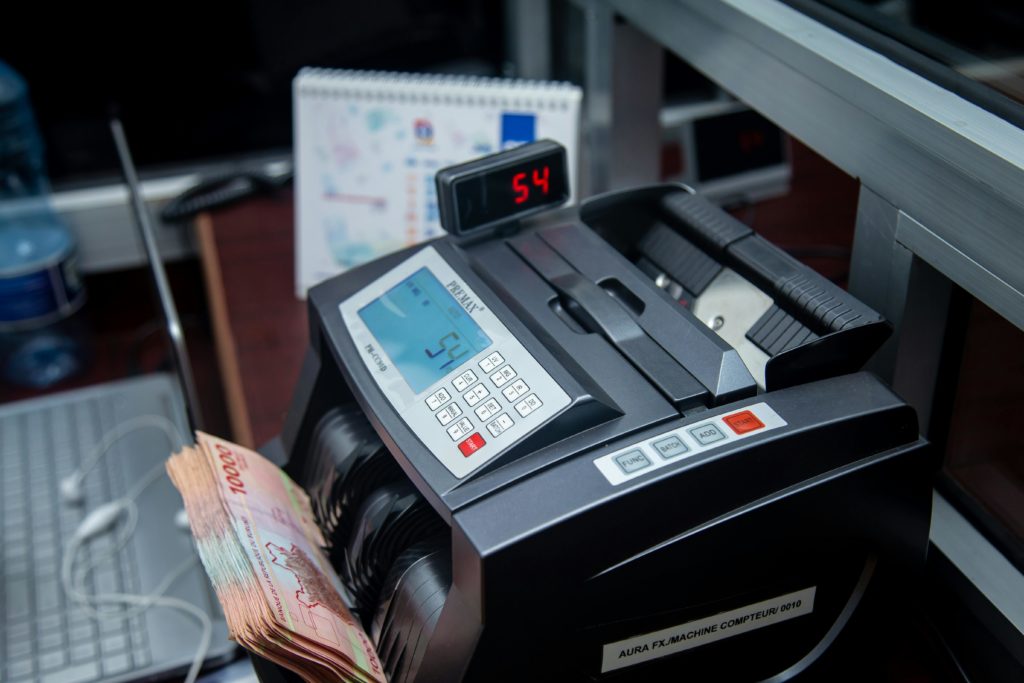Money lenders are businesses that are licensed under the law to give out loans and collection repayment for the loan. The loan approval and the repayment of the loan should be done in accordance with the Hong Kong law.
Sometimes, money lenders might start to harass or scare borrowers to repay the loan. It is important to understand what you can do if a money lender is harassing you.
What is harassment?
Under Hong Kong law, harassment is not a crime. However, someone who feels disturbed or scared can sue a money lender for harassment. The person who feels disturbed does not have to be the target of the harassment (or the borrower) – it could be the borrower’s family or employer for example.
Under the law of Hong Kong, the money lender can also be held legally responsible for the actions of their staff or agents.
Some actions that might be considered harassment by money lenders include:
- Visiting the borrower’s employer’s house and announcing to the public that the borrower owes them money
- Visiting the borrower’s family in their home country to announce to the public that the borrower owes them money;
- Repeatedly calling the borrower’s friends, employers or family to tell them that the borrower owes money.
In a case (Law Lai Kwan v Intrend Finance Ltd), a migrant domestic worker (‘MDW’) took a loan from a money lender. The money lender then repeatedly harassed the MDW’s employer. In this case, the employer sued the money lender in court and the money lender was ordered to pay money to the employer for harassing the employer.

Defamation
Defamation is a statement that injures or ruins another person’s reputation. Defamation happens when someone writes or produces something defamatory about another person. This can be done through word of mouth (i.e. telling other people) or by action (e.g. writing an article in the newspaper).
There are two types of defamation:
- Libel: the publication of defamatory materials in writing or in another permanent form; and;
- Slander: the publication of a defamatory matter by word of mouth in temporary form (e.g. a social media story for 24 hours)
In the context of money lending, defamation might happen when a money lender posts on social media announcing that a person owes money in order to shame or embarrass the borrower.
Helpful Tips
- Stay safe. If a money lender or their agents/staff start harassing you, remove yourself immediately and get help.
- Document any harassment you experience as much as possible. If you can, try to take photos, videos or recordings of the harassment so that it can be evidence if you decide to make a police claim or to sue the money lender.
- For example, if the money lender sends you threatening messages on Whatsapp, or makes a social media post about you, take screen shots of the messages.
- Seek support and help from a trusted person. You may want to contact an NGO or legal advisor if the harassment is very bad. You should also try to speak to your employer and see if they are able to help you.
- Consider submitting a civil claim against the money lender. If the harassment is very bad, you may want to sue the money lender for harassment. This means that if you are successful, the money lender will have to compensate you (give you money) for harassing you. You may want to contact an NGO or legal advisor for help if you wish to do this.
Enrich Hong Kong is an NGO that supports MDWs who are facing money problems. If you have serious problems with money or money lenders, you can consider contacting Enrich to get advice on what to do.
- Do not make promises you cannot fulfill. If you know you will not be able to pay the loan back fully, or if you are not sure about the loan, make sure you get advice and help before agreeing.
- Always check the interest rate of the loan. Some of the loans have extremely high interest rates which can make it difficult to pay the loan back. Get advice if you are not sure of what to do.
- Do not take out more loans to cover other loans. If you are struggling to repay the loan or you are being pressured or harassed, seek help first before panicking and taking out more loans.


